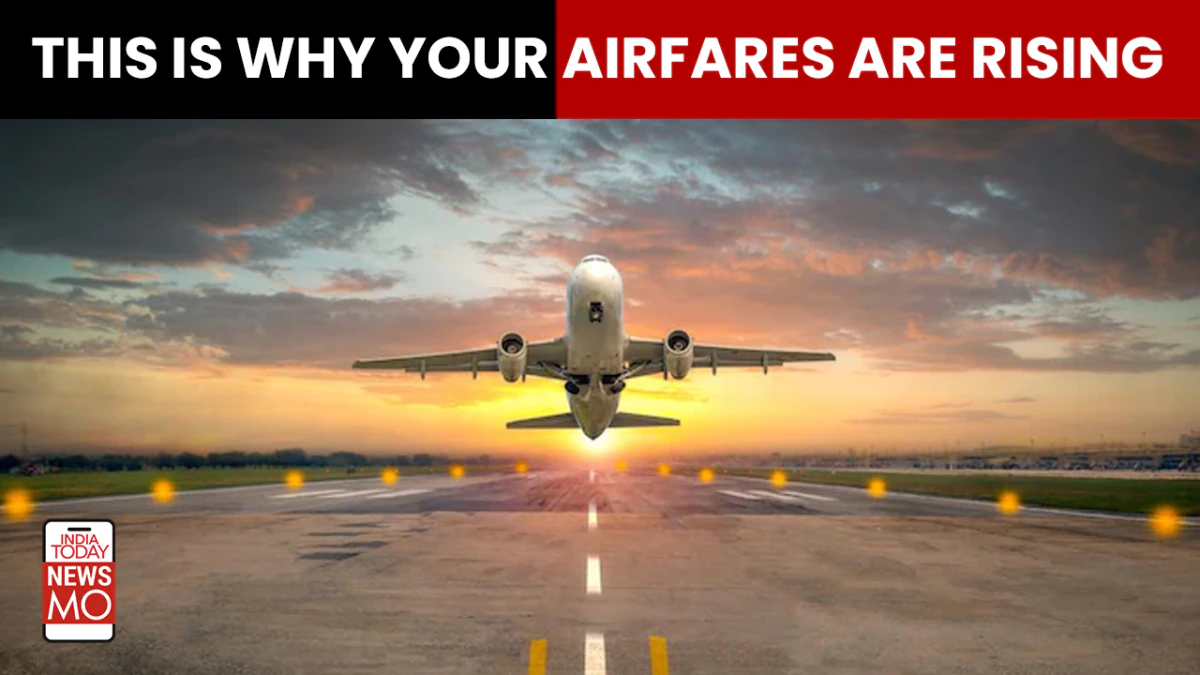Free Courses Sale ends Soon, Get It Now


Free Courses Sale ends Soon, Get It Now



Copyright infringement not intended
Picture Courtesy: www.indiatoday.in
Context: Airfare prices are going up for various reasons, and whether they should increase more or be controlled is a complicated debate.
Details
Demand and Supply Dynamics
Industry Profitability
Supply Chain Issues
Environmental Considerations
Sustainable Aviation Fuels
Regulation Debate
Government Intervention
Conclusion
|
PRACTICE QUESTION Q. What are the key challenges and opportunities facing the airline industry in India, and how is the sector adapting to evolving trends and demands in both domestic and international travel? |
© 2024 iasgyan. All right reserved